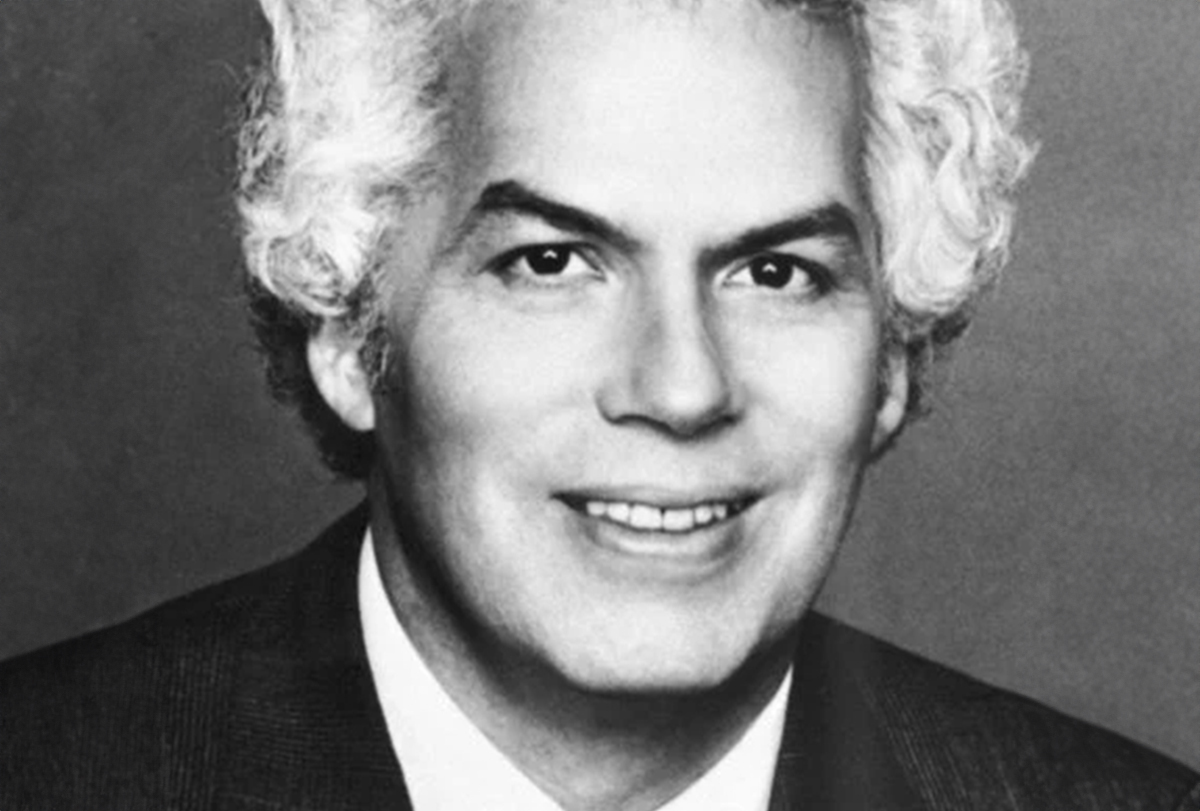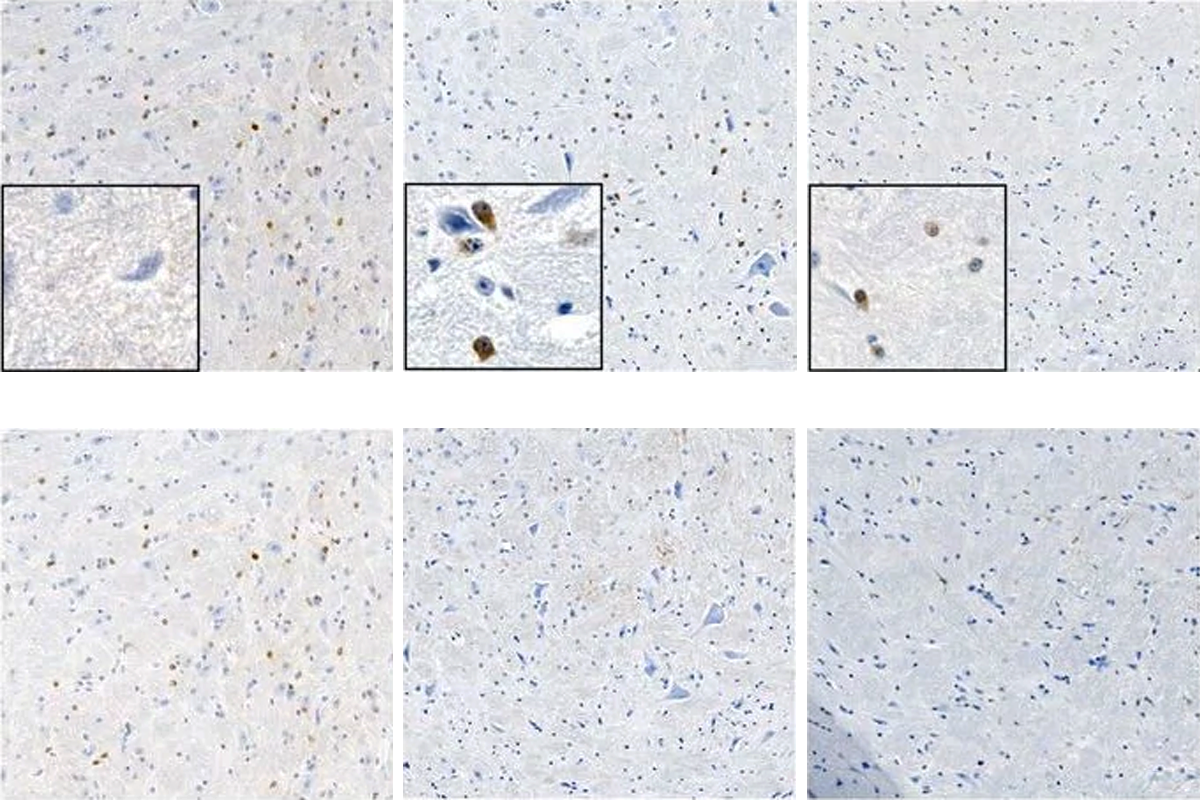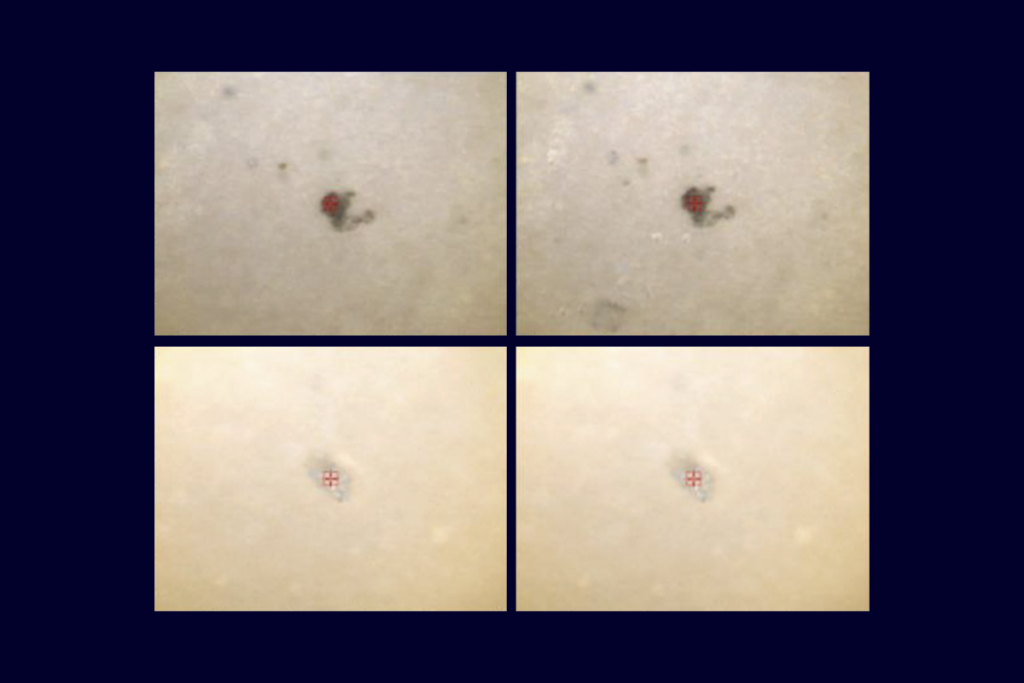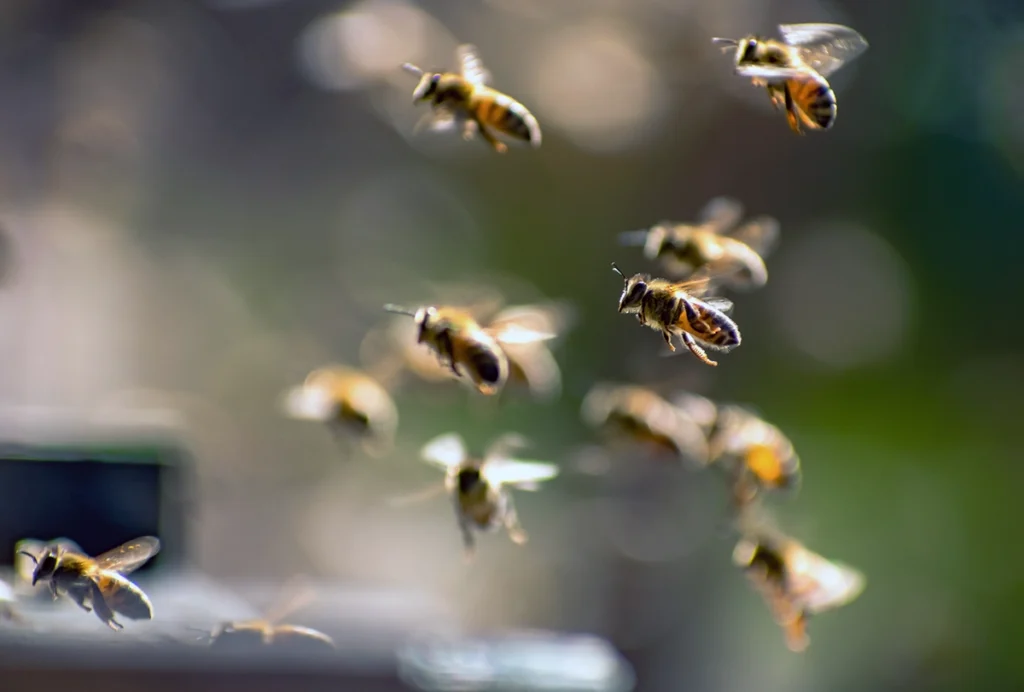
Nobel Prize winner’s paper to be corrected, according to co-author
A data sleuth flagged an apparent duplicate image in the 2015 prion study led by neurologist and biochemist Stanley Prusiner.
A 2015 study by Nobel-Prize-winning neuroscientist Stanley Prusiner is in the process of correction due to a duplicated image in a figure, according to a study co-author.
The paper, “Evidence for alpha-synuclein prions causing multiple system atrophy in humans with parkinsonism,” was published in the Proceedings of the National Academy of Sciences (PNAS) in 2015 and has been cited 497 times, according to Crossref’s Cited-by service.
In December, data sleuth Sholto David, who uses the handle Mycosphaerella arachidis, noted the duplicated image on PubPeer, an online forum for discussing peer-reviewed articles. David previously detected fabricated images in dozens of studies conducted at the Dana-Farber Cancer Institute, which said in January that it was seeking to retract 6 of those papers and correct 31 others as part of an ongoing investigation.
Prusiner’s study co-author Glenda Halliday then responded to David’s PubPeer comment earlier this month, writing that the duplication was “unintentional” and that “the correction to this figure has now been submitted to the journal editor and we hope will be published shortly.” The “correct figure does not change the conclusions of the paper,” continued Halliday, who is professor of neuroscience at the University of Sydney and a middle author on the study.
Halliday posted similar comments on a separate PubPeer thread in which anonymous commenters raised concerns about image duplications in a second study of hers, which does not involve Prusiner or any of the same authors as his 2015 PNAS paper. Halliday declined to comment on the record for this story.
PNAS is aware of the concerns raised about the 2015 Prusiner paper and is “looking into the matter,” journal spokesperson Prashant Nair wrote in an email to The Transmitter.
Prusiner, the study’s first author, did not reply to requests for comment by email and phone. The corresponding author on the paper, Kurt Giles, associate director of the UCSF Pancreas Center, also did not respond to requests for comment by email and phone.

Prusiner won the Nobel Prize in Physiology or Medicine in 1997 for his discovery and characterization of prions, proteins that can misfold and cause neurodegenerative disorders, such as Creutzfeldt-Jakob disease. He is professor of neurology and biochemistry and directs the Institute for Neurodegenerative Diseases at the University of California, San Francisco. One prior study that he led and co-authored with Giles, published in 2011, underwent a minor correction to add two funding sources four years later.
T
he 2015 study compares prion transmission in two brain diseases: multiple system atrophy and Parkinson’s disease. Brain extracts from people with multiple system atrophy injected into mice expressing alpha-synuclein lead to aggregates of phosphorylated alpha-synuclein and reactive astrocytes, signs of neurodegeneration, the study reports. Mice injected with extracts from the brains of people with Parkinson’s disease appeared similar to mice injected with control brain extracts.The figure in question features the same control mouse brain slice for both the phosphorylated alpha-synuclein and reactive astrocytes panels.
“It seems like an honest mistake,” said Karen Marshall, a postdoctoral research fellow at the University of Sussex, in an interview with The Transmitter. Marshall was not involved in the work and said she doubts that the duplication affects the study’s conclusions.
David also questioned on PubPeer the absence of a p-value in a second 2015 PNAS paper, on which Prusiner is the corresponding author. The first author, Amanda Woerman, associate professor of microbiology, immunology and pathology at Colorado State University, did not respond to requests for comment by phone and email. The journal is also aware of the concerns raised about this study and is “looking into the matter,” according to Nair.
Recommended reading

‘Spoonful of plastics in your brain’ paper has duplicated images

Women are systematically under-cited in neuroscience. New tools can change that.

Postdoc’s grad-school sleuthing raises questions about bee waggle-dance data
Explore more from The Transmitter

Mitochondrial ‘landscape’ shifts across human brain

Expediting clinical trials for profound autism: Q&A with Matthew State
